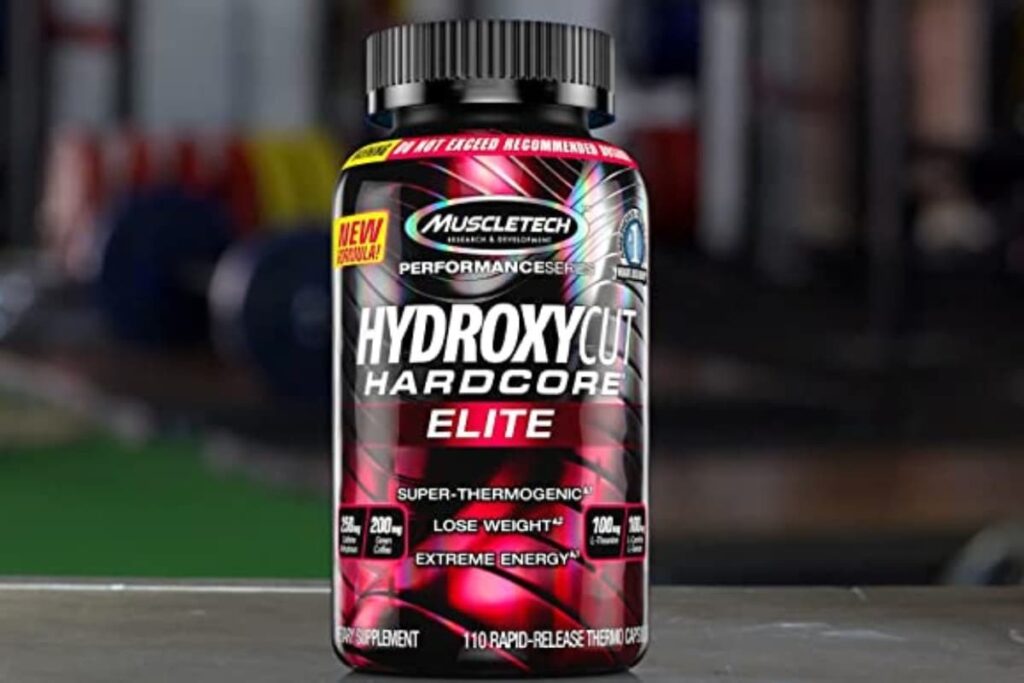The realm of fitness and nutrition is often clouded by the latest trends and fads, making it difficult to discern what’s genuinely effective from what’s merely a passing craze. V Shred, a popular fitness brand known for both its workout programs and diet plans, claims to offer personalized nutrition strategies to help individuals reach their fitness goals. But with any diet plan that gains rapid popularity, it’s essential to examine the evidence behind the hype. Are V Shred’s diet plans grounded in nutritional science, or are they another fad?
The Philosophy Behind V Shred Diet Plans
V Shred promotes diet plans that are tailored to the individual’s body type, lifestyle, and fitness objectives. The principle is straightforward: No single diet works for everyone, and personalization is key. This approach is in line with current scientific understanding that acknowledges the importance of individual differences in dietary responses.
Components of V Shred Diet Plans
- Custom Caloric Intake: V Shred provides customized recommendations on daily caloric intake based on the individual’s basal metabolic rate and activity level, a practice supported by nutritional science.
- Macronutrient Ratios: The plans emphasize tailored macronutrient ratios. This personalization, aligning with dietary guidelines and fitness goals, is both scientifically sound and widely recommended in nutrition circles.
- Food Quality: V Shred diet plans focus on the quality of food, encouraging whole, nutrient-dense options while limiting processed foods — advice that mirrors evidence-based dietary recommendations.
Analysis of Nutritional Content
To evaluate the nutritional soundness of V Shred diet plans, it’s important to analyze their content against established dietary guidelines and scientific research.
- Diversity and Balance: V Shred encourages a diverse diet that incorporates all food groups, which aligns with the principles of balance, variety, and moderation.
- Sustainability: Any diet that is overly restrictive or difficult to maintain is often considered a fad. V Shred’s diet plans, while tailored, aim to be adaptable to real-life situations, making them more sustainable than many crash diets.
- Supplementation: V Shred also promotes the use of supplements, which can be supported by science when used to address specific deficiencies or needs, but their blanket use is not universally endorsed by nutritional experts.
Critique and Considerations
While there are many aspects of V Shred’s diet plans that reflect well-established nutritional principles, they are not without criticism. Some nutritionists argue that the level of personalization may not be necessary for everyone and that basic principles of good nutrition are often sufficient. Moreover, the cost of personalized plans can be a barrier for many, raising questions about accessibility and equity in health and nutrition.
Comparing with Dietary Fads
Comparatively, V Shred’s diet plans do not fit neatly into the ‘fad diet’ category. Fad diets are typically characterized by promises of rapid weight loss and often require the elimination of certain food groups or nutrients. V Shred, conversely, advocates for balanced nutrition and gradual, sustainable changes.
The Verdict: Nutritional Science or Fad?
V Shred’s diet plans are more closely aligned with nutritional science than fad diet trends. They are based on the principles of tailored caloric intake, balanced macronutrient distribution, and high-quality food choices. However, the necessity and efficacy of highly personalized diet plans for every individual can be debated.
Prospective users should approach V Shred diet plans with an understanding that while they may offer a scientifically informed framework for eating well, ultimate success in achieving health and fitness goals also depends on factors like lifestyle, personal preferences, and adherence to the diet over the long term.
In conclusion, V Shred’s diet plans appear to stand on a foundation of nutritional science, promoting a balanced, varied, and sustainable approach to eating. While they may not be revolutionary, they steer clear of the extreme and often unfounded claims of many fad diets, offering a more measured and research-backed approach to nutrition.




